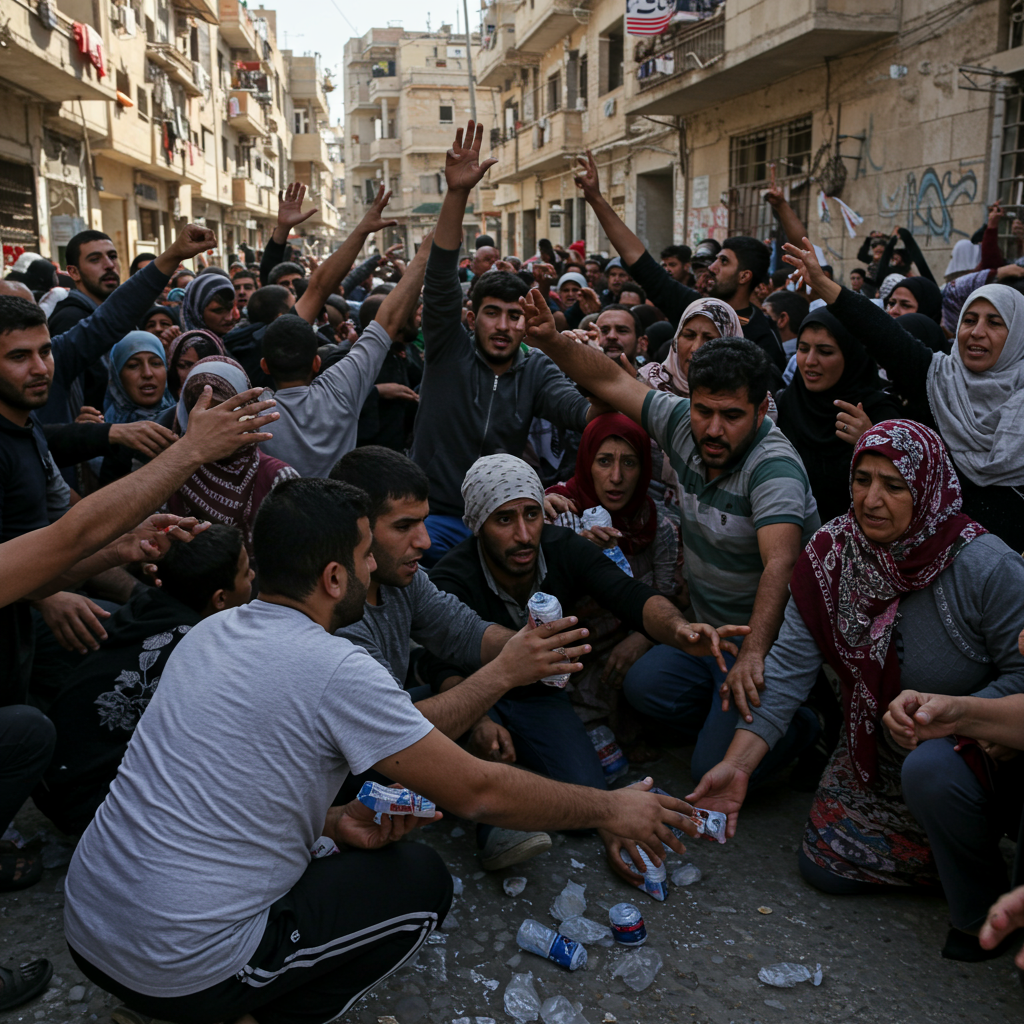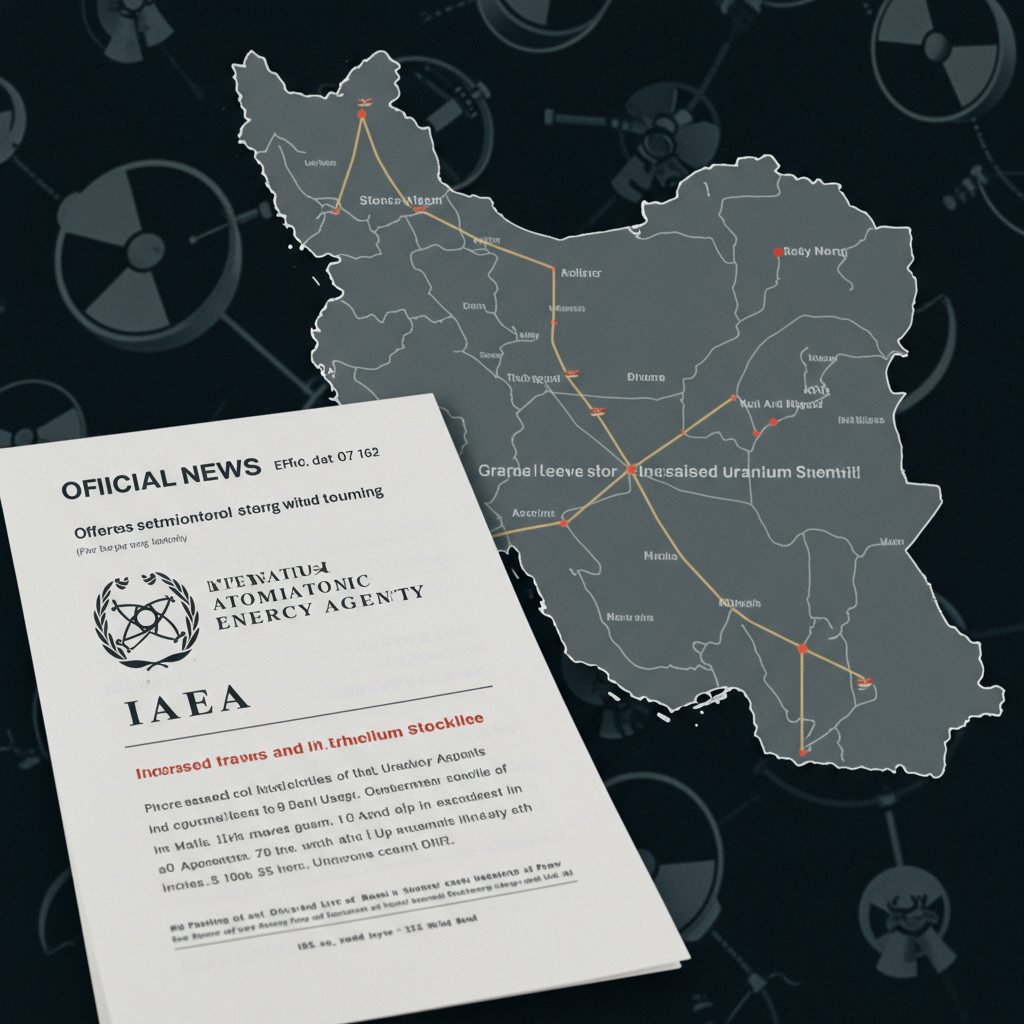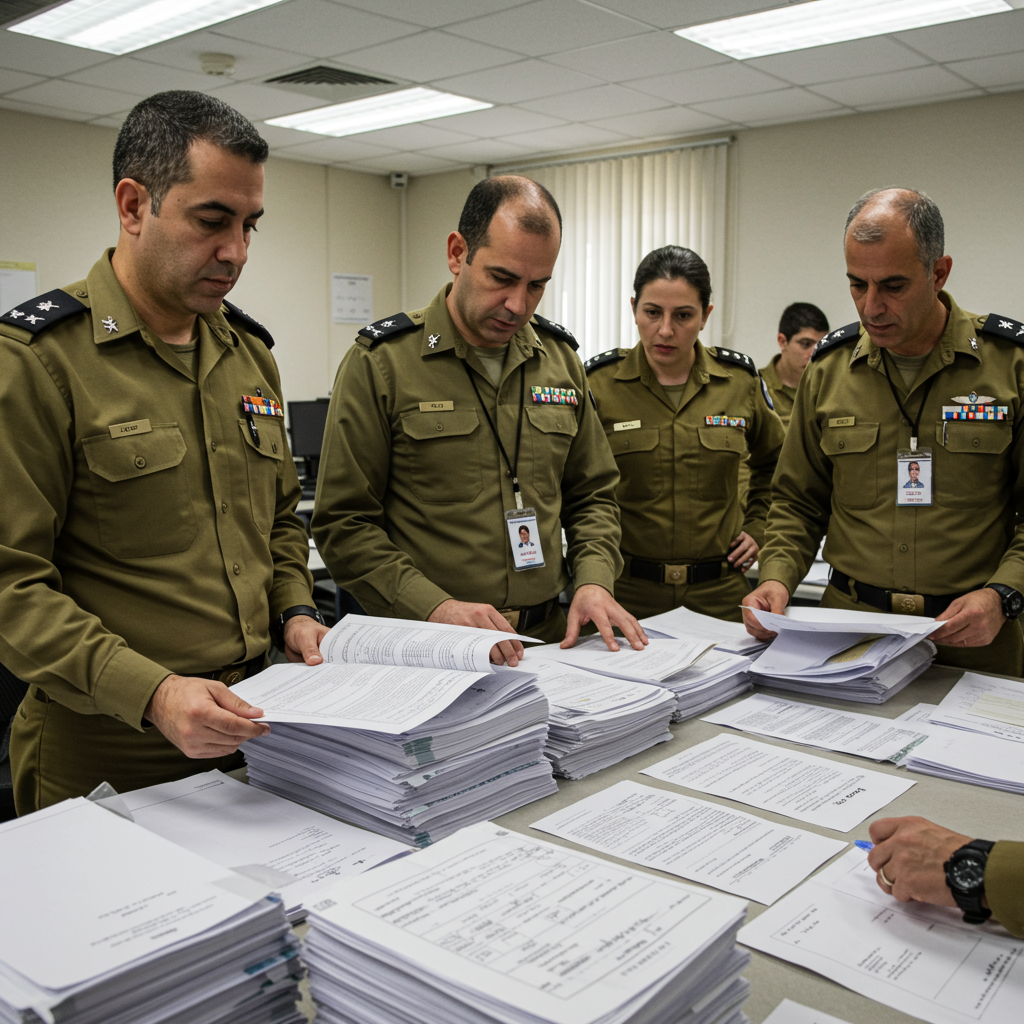UN Declares ‘Weaponizing Food’ in Gaza a War Crime Amid Deadly Aid Crisis
The United Nations human rights office delivered its strongest condemnation yet on Tuesday, stating that the deliberate “weaponization” of food against civilians in Gaza constitutes a war crime. This grave accusation comes as a new, controversial aid distribution model in the territory is linked to hundreds of deaths among desperate Palestinians seeking sustenance.
According to the UN human rights office, using food as a weapon against a civilian population, coupled with restricting or preventing access to life-sustaining services, aligns with the definition of a war crime under international law. While noting that the final legal qualification must be made by a court, the UN’s stance highlights the dire consequences faced by over two million people enduring severe hunger and the risk of famine.
Controversial Aid System Under Fire
The UN’s sharp remarks focus heavily on a new aid distribution system, the Gaza Humanitarian Foundation (GHF), described as backed by the U.S. and Israel. Introduced in late May, the GHF began operations after Israel had reportedly imposed significant restrictions on aid supplies for over two months, exacerbating the hunger crisis.
However, major UN agencies and international aid groups have refused to cooperate with the GHF. They express serious concerns that this “officially private effort with opaque funding” is designed to serve Israeli military objectives, contradicting established international standards for impartial humanitarian aid distribution. UN human rights spokesperson Thameen Al-Kheetan characterized the system as “Israel’s militarised humanitarian assistance mechanism,” stating it’s fundamentally inconsistent with international aid principles.
Deadly Toll for Civilians Seeking Help
The introduction of the GHF and the chaotic scenes around its distribution points have coincided with a tragic surge in casualties among Palestinians attempting to access food. Reports from Palestinian health authorities, NGOs, and other sources, currently being verified by the UN, indicate that over 410 people, potentially totaling over 500 when including those killed near other limited aid convoys, have died since late May. These deaths reportedly resulted from Israeli military gunfire or shells fired at individuals trying to reach distribution sites run by the GHF and other humanitarian groups.
Beyond the fatalities, reports suggest at least 3,000 Palestinians have been injured in these dangerous incidents while seeking aid. The head of the UN agency for Palestinian refugees, UNRWA, Philippe Lazzarini, harshly criticized the new mechanism, labelling it an “abomination that humiliates and degrades desperate people” and a “death trap costing more lives than it saves.” Jonathan Whittall, another UN humanitarian official, recently decried what he called a “chilling pattern of Israeli forces opening fire on crowds gathering to get food.”
The dire reality forces civilians into an “inhumane choice of either starving to death or risk being killed while trying to get food,” according to the UN human rights office. A recent incident on Tuesday saw Gaza’s civil defence agency report that 21 people were killed and around 150 wounded by alleged Israeli military fire (bullets and tank shells) while waiting for aid in central Gaza. The Israeli military has stated it is reviewing reports of injuries following an incident near its troops in that area.
Calls for Action and Accountability
The UN is urgently calling on Israel to cease firing upon individuals attempting to access food and to immediately allow the entry of sufficient food and life-sustaining necessities into Gaza. They demand that Israel lift unlawful restrictions on the work of UN and other humanitarian organizations, particularly emphasizing the need for UNRWA to regain full access and resume its vital aid efforts.
A coalition of over a dozen human rights organizations recently issued an open letter to the GHF, warning of potential complicity in war crimes and describing the new privatized, militarized aid model as a “radical and dangerous shift” away from established humanitarian norms.
The UN stresses that each reported killing must be promptly and impartially investigated, and those responsible held accountable. They have also called on other countries to take concrete steps to ensure Israel, as the occupying power, complies with its duty to ensure aid reaches the population.
Israel has denied committing war crimes in Gaza and typically blames Hamas fighters for civilian harm, alleging they operate within civilian areas – an accusation Hamas denies. The GHF’s interim chief has defended the foundation’s work, claiming their system is effective and provides meals “safely and securely,” stating they will continue operations.
The current humanitarian crisis in Gaza remains catastrophic, with the entire population of over two million reportedly at risk of famine, underscoring the critical need for unimpeded, safe, and dignified access to humanitarian assistance.



